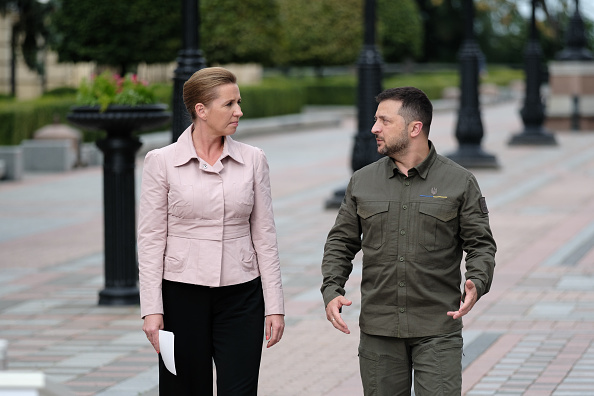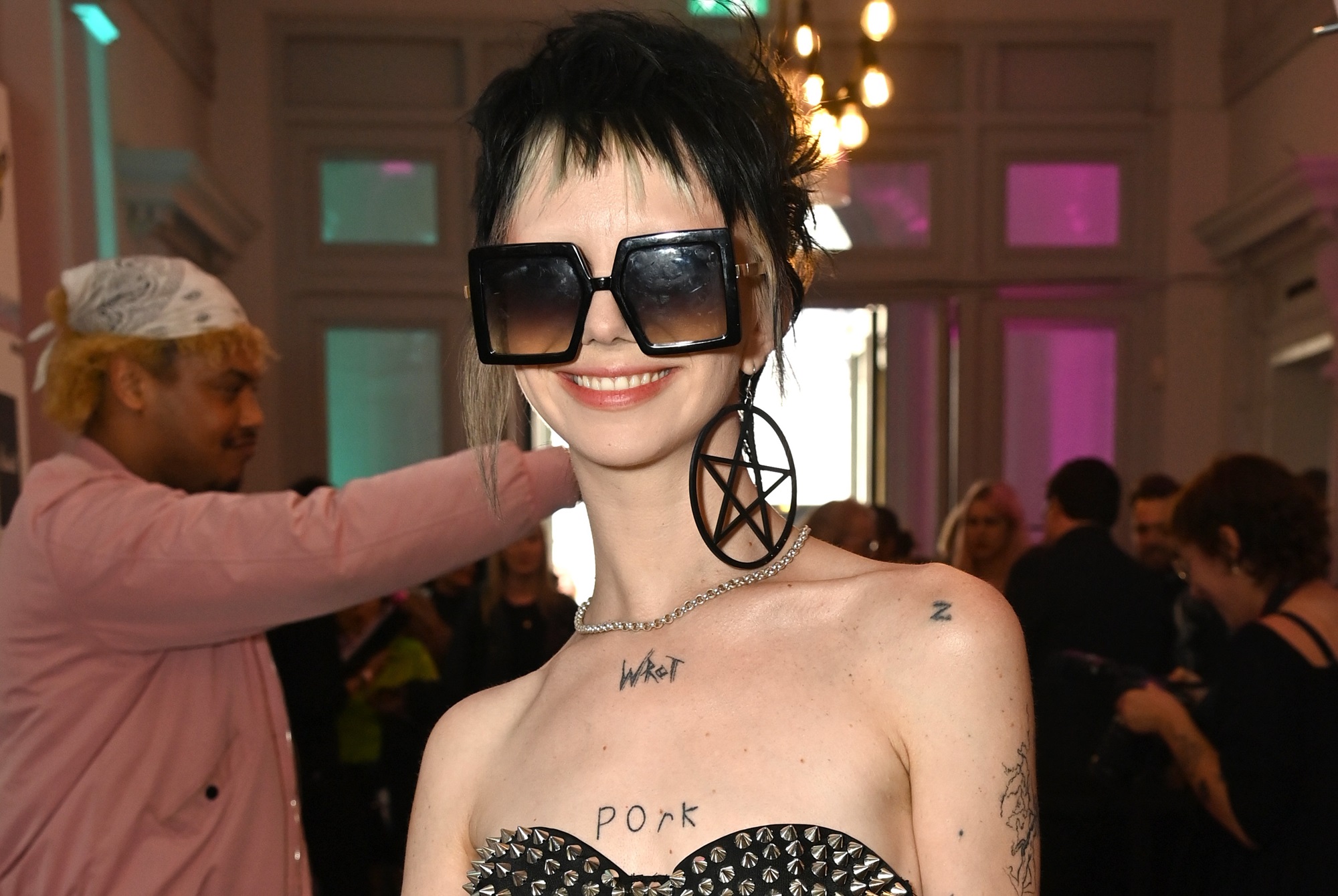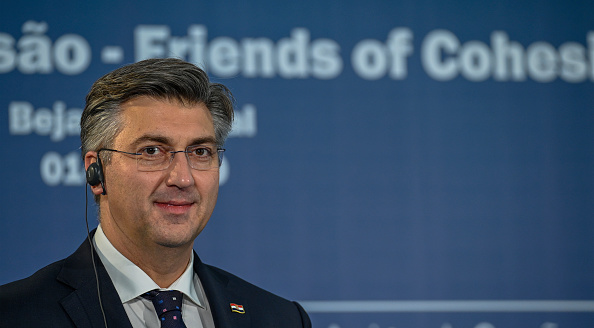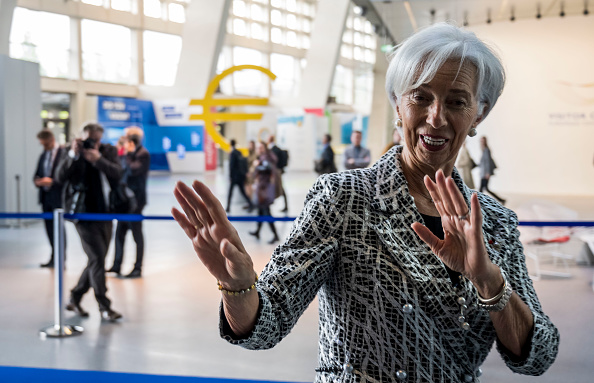On the unsurprising re-election of Russian President Vladimir Putin there was an apparently eerie silence in place of what have previously been relatively fulsome overtures from most world leaders.
The list of those who were vociferous in their support of the result, in full, were Iran’s President Ebrahim Raisi, Venezuela’s President Nicolás Maduro, India’s Prime Minister Narendra Modi, China’s President Xi Jinping, North Korea’s Supreme Leader Kim Jong Un and the Republika Srpska’s president Milorad Dodik.
Republika Srpska is one of the two entities of Bosnia and Herzegovina, the other being the Federation of Bosnia and Herzegovina.
Putin won 87.28 per cent of the vote, Russia’s electoral commission said on March 18. That came after a three-day election from which all real challengers had been disqualified. Turnout, it was officially reported, came in at a record 77.5 per cent.
While European Council President Charles Michel sent a confident and, presumably, tongue-in-cheek tweet “to congratulate Vladimir Putin on his landslide victory in the election starting today”, he did so when polls first opened.
“No opposition. No freedom. No choice,” he had continued.
Would like to congratulate Vladimir Putin on his landslide victory in the elections starting today.
No opposition.
No freedom.
No choice.— Charles Michel (@CharlesMichel) March 15, 2024
The foreign powers’ list of congratulations is noticeably shorter than that which followed Russia’s last national poll in 2018. That year, Putin received 77.53 per cent of the vote, after his elections commission disqualified the recently deceased opposition leader Alexei Navalny from standing.
At that time, the Hungarian Prime Minister Viktor Orbán wished Putin strength and good health in his coming period in office. Still, despite the two having met in October 2023, Orbán has been silent about Russian leader’s re-election.
Orbán was not the only European leader to congratulate Putin after his previous victory.
In 2018, then-European Commission president Jean-Claude Juncker wrote online: “Congratulations on your re-election, President Putin,” adding: “Our objective should be to re-establish a cooperative pan-European security order.”
The then-German chancellor Angela Merkel’s spokesman said in 2018, she would congratulate Putin on his re-election, as tradition dictated – but would also discuss “challenges” in their country’s relationship.
The then-US president Donald Trump received domestic criticism for sending his congratulations in 2018. Former Republican presidential candidate John McCain said at the time: “An American president does not lead the Free World by congratulating dictators on winning sham elections.”
Of the latest Putin win, The New York Times’ former Moscow bureau chief Neil MacFarquhar said on March 17. “There is a pattern to presidential votes involving Mr Putin: his results get better each time.”
If Putin’s 87.28 per cent 2024 victory represented an advance on his 77.53 per cent in 2018, such a gain is not unusual: In 2012, he received 63.6 per cent.
Assuming the Russian leader, who has been either prime minister or president since 1999, completes the next six-year presidential term, he will overtake Joseph Stalin and become the country’s longest-serving leader for more than 200 years.
Following the latest result, Eleonora Suhoviy, a Ukrainian-British education specialist, told Brussels Signal: “Russians tell me they feel like hostages of their Government.
“Their options are to remain silent or protest and be locked up.”
Russian independent media said leaked documents, purportedly from the Kremlin and sent to regional authorities, predicted turnout should come in at between 70 and 80 per cent, with 75 to 85 per cent of votes going to Putin.
Oddly, perhaps, an election whereby results were apparently determined bureaucratically in advance, Putin still spent €1.1 billion on election propaganda, according to documents that came to light in Estonia recently.
The independent Russian election-monitoring group Golos, whose co-founder Grigoriy Melkonyants is in jail, said public-sector workers were “herded” to polling booths.
Large companies were told to use the day of March 15, a Friday, to escort employees to voting stations and provide screenshots of their completed ballot papers.
“Why does the Kremin emulate democratic processes?” asked Arthur Poliakov, a mining company chairman who has overseen major projects in Russia.
Part of the answer may be that “by allowing some level of political activity and media coverage, the Government can monitor dissent and manage it,” he suggested.
Volunteers collecting signatures for disqualified anti-war candidate Boris Nadezhdin were beaten up, it is alleged, while on March 12, Navalny’s chief-of-staff Leonid Volkov was attacked outside his home in Lithuania’s capital Vilnius, according to reports.
“When Ukrainians confront a corrupt president, they rise up and get rid of him – recall how they dispatched the avaricious Yanukovych,” Suhoviy said.
“For Russians, however, freedom ends when the ink from their pen touches the ballot paper.”





